MBA or MCA: Which is Better?
Imagine you’re at a crossroads with two exciting paths ahead. One leads to the business world, where you’d learn to make big decisions and lead teams. The other takes you into the world of technology, filled with coding and innovation. Suppose you ask yourself if an MBA or MCA is better; you’re not alone. This question frequently arises among graduates who are contemplating their career paths.
In this blog, we will explain both degrees in detail, explore the jobs you can work in and the average salary for each occupation, and ultimately help you decide on an MBA or MCA. Which is better?
Understanding MBA and MCA
What is an MBA?
MBA stands for Master of Business Administration, a postgraduate degree that prepares students to manage organisations. This degree is best suited for students who want to be in a managerial position in finance, marketing, human resources, or operations organisations.
What is an MCA?
An MCA, or Master of Computer Applications, is a postgraduate course on computer science and its uses. It’s intended for students pursuing lucrative IT and computer science careers, such as software development and system analysis.
MBA vs. MCA: Curriculum Comparison
Here’s a comparative table of the core subjects typically covered in both degrees:
MBA | MCA |
Management Principles | Programming Languages |
Financial Accounting | Database Management |
Marketing Management | Software Engineering |
Organisational Behavior | Web Technologies |
Human Resource Management | Computer Networks |
Operations Management | System Analysis and Design |
Career Opportunities and Job Roles After MBA
An MBA opens up a wide array of career opportunities across various industries. Here are some typical job roles along with their average salaries in India:
Job Role | Average Salary (INR per annum) |
Marketing Manager | 7-10 lakhs |
Financial Analyst | 6-9 lakhs |
Human Resources Manager | 8-12 lakhs |
Operations Manager | 7-11 lakhs |
Business Development Manager | 6-10 lakhs |
Note– Salary can change depending on time, location, and company profile.
Career Opportunities and Job Roles after MCA
An MCA also offers numerous career opportunities, especially in the tech and IT sectors. Here are some typical job roles along with their average salaries in India:
Job Role | Average Salary (INR per annum) |
Software Developer | 4-8 lakhs |
Systems Analyst | 6-9 lakhs |
Database Administrator | 5-9 lakhs |
Web Developer | 3-6 lakhs |
Network Administrator | 4-8 lakhs |
Note – Salary can change depending on time, location, and company profile.
Skills Acquired: MBA vs. MCA

MBA Skills:
- Leadership and Management Skills
- Strategic Thinking
- Financial Acumen
- Marketing Expertise
- Human Resource Management
MCA Skills:
- Advanced Programming Skills
- System Design and Analysis
- Database Management
- Network and Security Management
- Web Development
Read More: CAT Exam Syllabus for MBA: A Detailed Guide
Deciding Factors: MBA or MCA, Which is Better?

1. Your Career Goals
Career objectives are a decisive factor when choosing between an MBA and an MCA. If you see yourself in a leadership position, managing teams and making strategic business decisions, an MBA might be the better choice. On the other hand, if you have an interest in technology, coding, and software development, then an MCA could be advantageous.
While both degrees offer exciting prospects, the answer to whether an MBA or MCA is better depends on your individual goals.
2. Industry Demand
Understanding the demand can also help direct you to a particular industry due to its high demand in the market. Various companies are currently looking for tech professionals, and MCA graduates have good job opportunities in the market. However, they are also valuable in areas considered more traditional, such as finance, marketing, and Human Resources.
3. Educational Background
Your undergraduate background can influence your decision. If you have a background in commerce or arts, an MBA might be a smoother transition. Pursuing an MCA could be a natural progression for those with a B.Tech, B.Sc in Computer Science, or any other tech-related degree.
4. Duration and Cost of Study
Typically, both degrees take two years to accomplish, but as mentioned above, the time may vary depending on the specialisations chosen by the learners. Nevertheless, tuition and other fees involved in an MBA program may differ significantly depending on the college or university of the institution concerned.
Established premier learning institutions like IIMs are considerably more costly than other business schools. The MCA programs often cost less, though the costs vary greatly.
5. Future Scope
Both degrees have strong employability and job prospects in the future but in two distinct fields. An MBA has the potential to provide an individual entry into the top management features and specialisations; on the other hand, an MCA offers a person the opportunity to work in the technology field with specialised jobs.
Ultimately, the question of whether an MBA or MCA is better has no one-size-fits-all answer. It’s about aligning your skills and aspirations with the right program.
MCA or MBA, Which is Better After BCA?
MCA provides outstanding chances for those who want to pursue academics and research. MCA jobs tend to focus more on offices. Additionally, MCA admittance would be more accessible with a high BCA score. The MBA placement requirements are ideal for those who want to engage in business and make money.
Most students would want to finish their undergraduate degrees in the same field of study they started. Still, it takes a lot of work to turn away from MBA with its current profits. Students must decide if their passion for the topic outweighs the money they want.
MCA or MBA, Which is Better After a BSc in Maths?
The MCA is a fantastic program for anyone who wants to work as a software engineer. After every course, the student needs to understand the extent of what’s available.
MCA will be helpful if mathematics is a subject you like and would want to work with in the future. An MBA may help you get a respectable marketing, finance, or human resources job.
For students who want to move away from studying basic mathematics as a subject while still making a good life, MBA programmes are fantastic.
MCA or MBA, Which is Better After BTech?
Every specialisation that BTech provides has a different approach to MCA and MBA. Everything depends on the market, and there is little promise in the engineering sector. There are several options for software engineers.
It is more common for professionals from other technical fields, such as civil or automotive engineering, to work for software companies. These students might be better off pursuing an MBA programme since their skills would be more highly rewarded.
MCA or MBA, Which is Better After BCom?
Students with a BCom will do better in MBA courses. While MCA is a great option, students should only consider it if they are proficient in pure maths and have it in their curriculum.
Real-Life Examples and Success Stories
MBA Success Story: Sundar Pichai is the chief executive officer of Google, having been promoted from vice president of Android product management.
The recent controversy related to Google was led by the company’s CEO, Sundar Pichai, who has an MBA from the Wharton School of the University of Pennsylvania. Sundar benefited greatly from his MBA, which assisted him in rising high within the corporate world and presiding over one of the biggest technology firms in the global market.
MCA Success Story: Satya Nadella is the CEO of Microsoft Corporation, the world’s leading technology company. Microsoft provides software solutions, professional services, and cloud computing to businesses, governments, and consumers globally.
In August 2011, Microsoft CEO Satya Nadella earned an MCA degree at the University of Wisconsin, Milwaukee. This sense of technology and computer practicality proved vital throughout his appointment as the chairman of Microsoft.
Online MBA Best Colleges with Fees
Choosing the right institution for your online MBA is crucial for your career growth. Here is a table listing some of the best online MBA programs in India, along with their fees:
College/University | Program Name | Fees (INR) |
Amity University | Online MBA | 1,95,000 |
Manipal Academy of Higher Education (MAHE) | Online MBA | 2,80,000 |
Symbiosis School for Online and Digital Learning | Online MBA | 3,00,000 |
Lovely Professional University (LPU) | Online MBA | 1,62,800 |
Indira Gandhi National Open University (IGNOU) | MBA (Online) | 62,000 |
Online MCA Best Colleges with Fees
For those interested in pursuing an online MCA, here is a table of some of the best colleges offering this program in India, along with their fees:
|
College/University |
Program Name |
Fees (INR) |
|
Amity University |
Online MCA |
1,60,000 |
|
Manipal Academy of Higher Education (MAHE) |
Online MCA |
1,50,000 |
|
Lovely Professional University (LPU) |
Online MCA |
4,00,000 |
|
Indira Gandhi National Open University (IGNOU) |
Online MCA |
65,000 |
Note– Fees can be changed as subject to time.
Conclusion
The decision between an MBA and an MCA ultimately depends on your personal interests, career goals, and background. While MCA specialises in computers and IT, an MBA offers broader courses and a wider scope of career opportunities. Although comparing MBAs and MCAs is a debatable topic, both are good choices depending on your choice, goals, and type of work interest.
If you are passionate about business, leadership, and management and aim for high-level executive roles, an MBA could be the right choice. If you need clarification on whether an MBA or MCA is better, consider taking aptitude tests to assess your strengths in business or technology. Alternatively, MCA will be more appropriate if a candidate is inclined towards technology, programming, and computers and wants to target advanced technology jobs.
Students can also visit Hike Education’s official website for information and expert guidance on choosing the perfect course for their career goals.
MBA or MCA : FAQs
Q1. What is the main difference between an MBA and an MCA?
MBA offers business knowledge and leadership skills to prepare graduates for leadership and managerial responsibilities in different organisations, including those in finance, marketing, and other sectors. MCA focuses on computer science and its uses, making it a perfect fit for software designer/developer, systems analyst/consultant, and information technology administrator jobs.
Q2.Which degree has higher salary potential in India?
MBA graduates commonly have a greater wage expectancy because of the positions of authority and administration they assume. Nevertheless, MCA students with specialised skills in specific fields and relevant working experience in the technology sector will be compensated with better salaries.
Q3. Is work experience required for MBA and MCA programs?
Many MBA courses have mentioned that while they may encourage candidates to have had at least some experience in a job hunt before joining the MBA course, it is not essential. Regarding work experience, students who want to join MCA do not need any work experience as a prerequisite to joining the course, and they can join right from the university after their first degree.
Q4. Can I switch careers with an MBA or MCA?
Of course, both degrees can provide the needed flexibility to pursue a career change. While an MBA has a broader opportunity to enhance you in areas other than this company’s industry, an MCA can facilitate your career change to different positions or industries.
Q5. Which degree is more affordable in India?
Unlike MBA programs, MCA programs are more affordable, particularly the ones taught in prestigious institutions such as IIMs. However, there are still some differences concerning all aspects of the program and costs according to the institution’s type.




















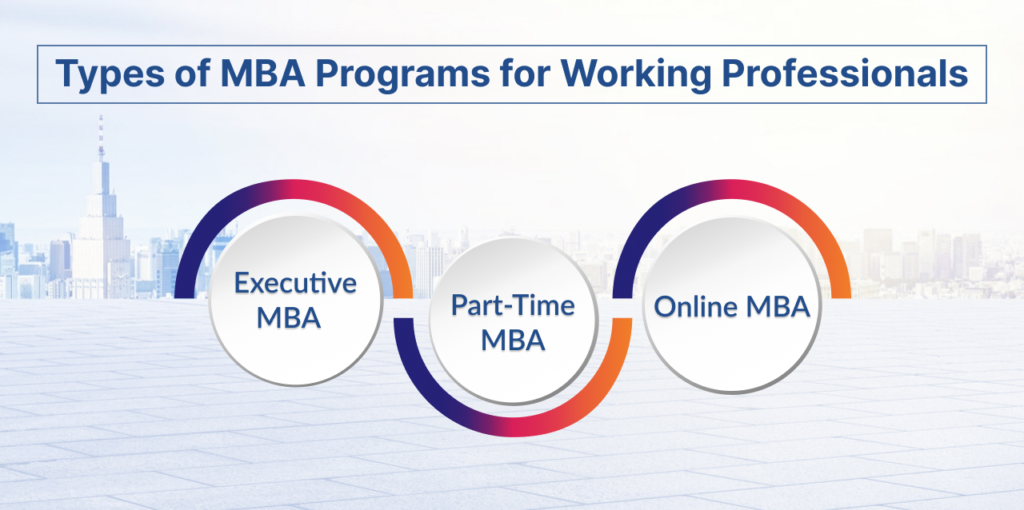
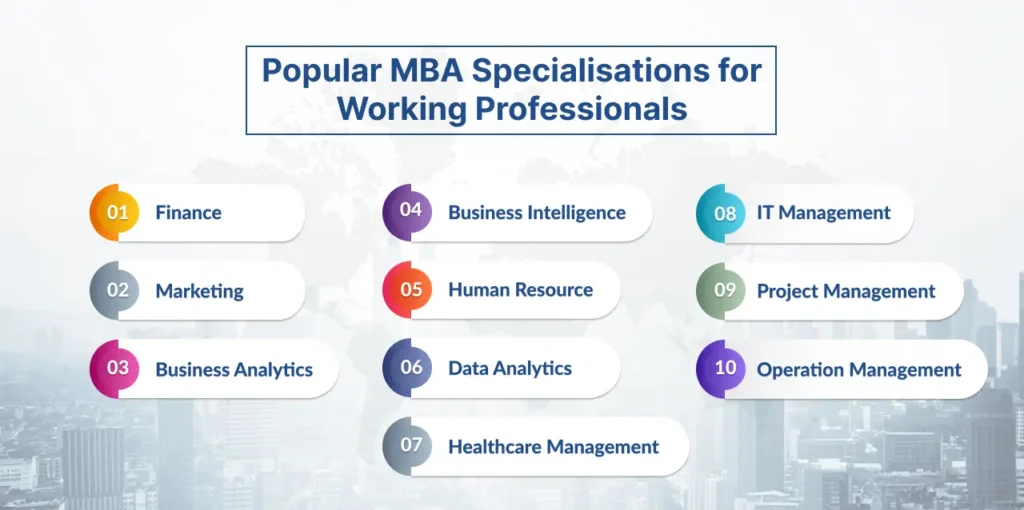




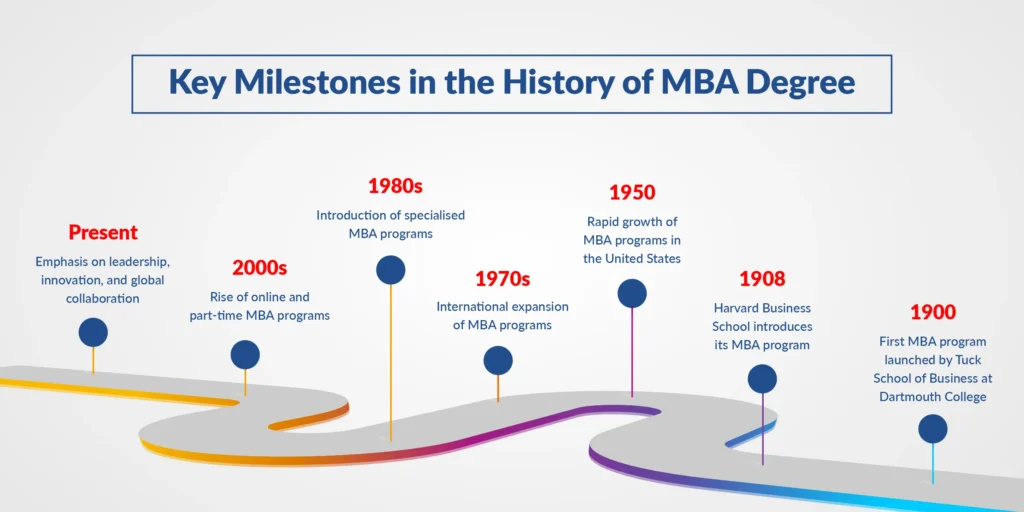
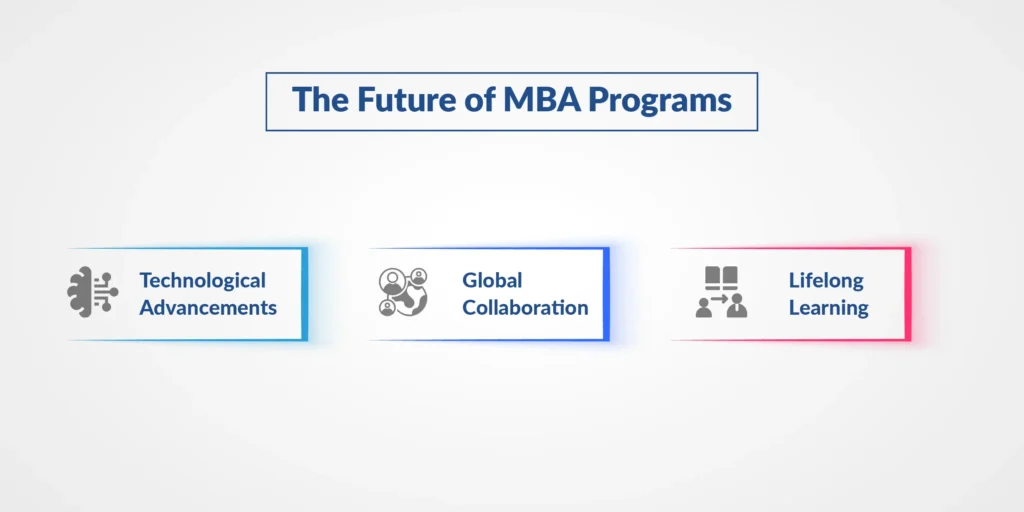

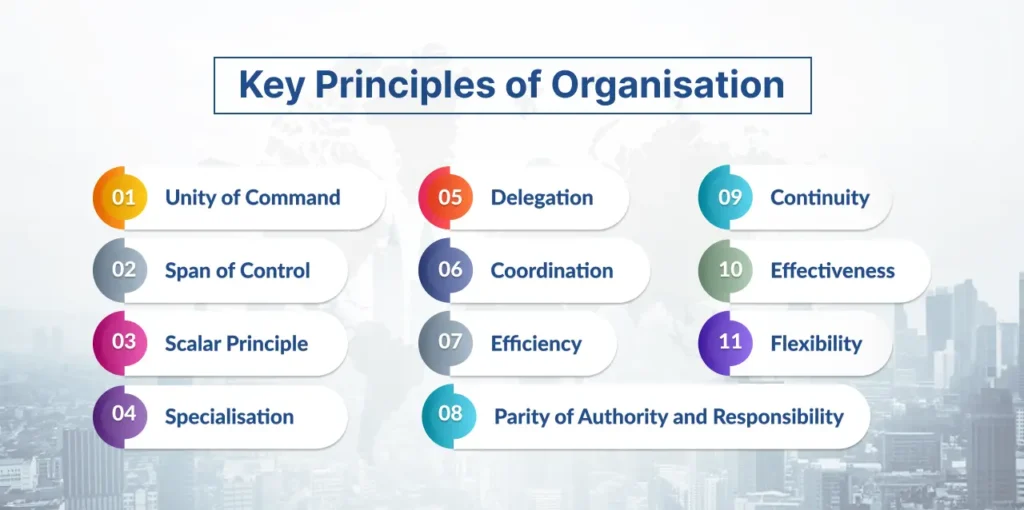
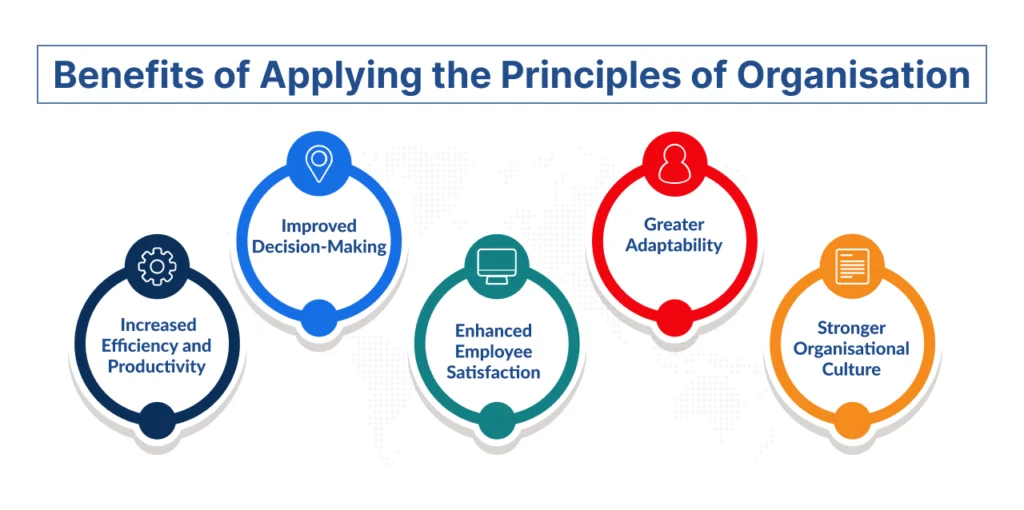

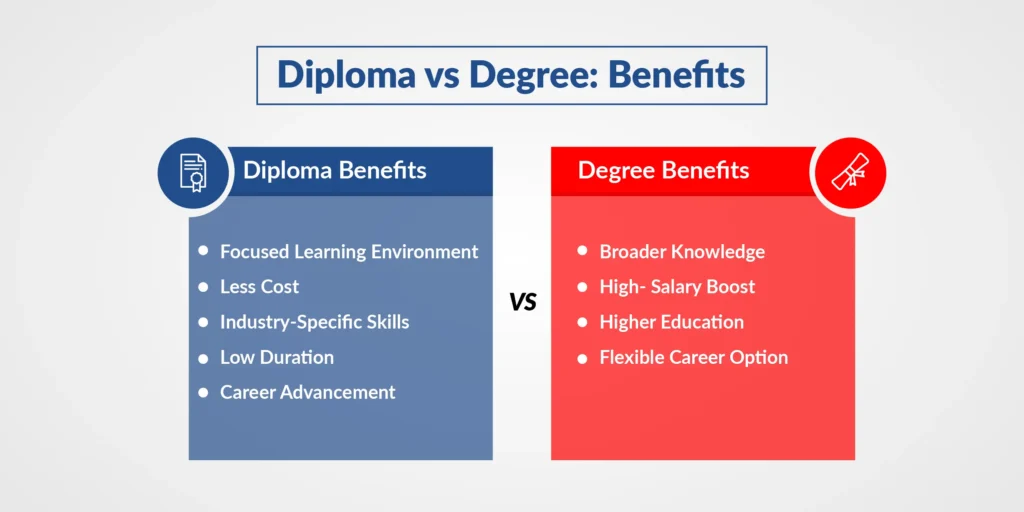

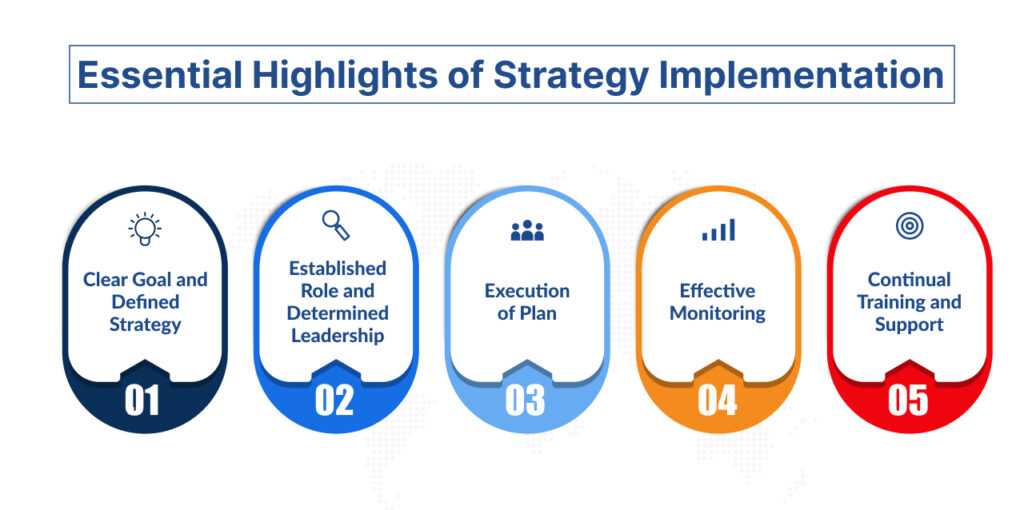
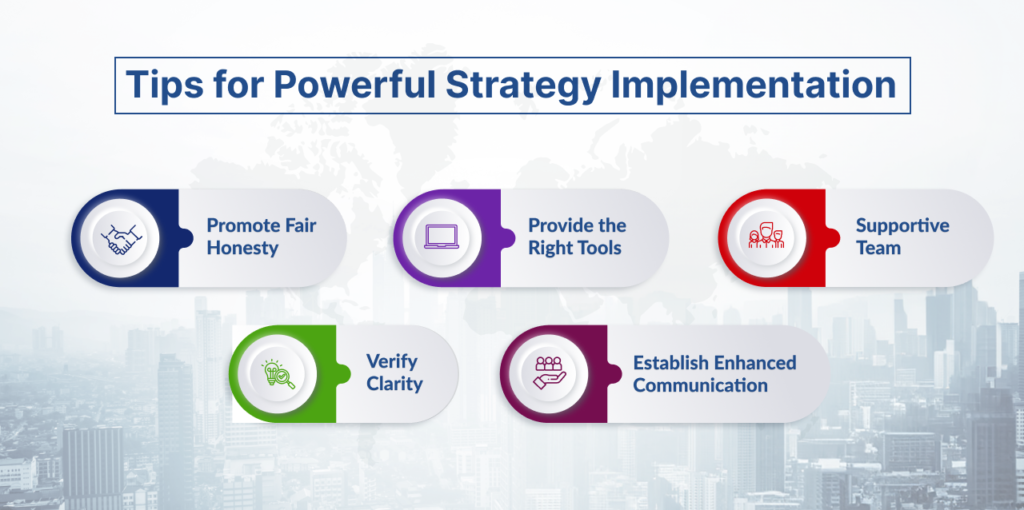

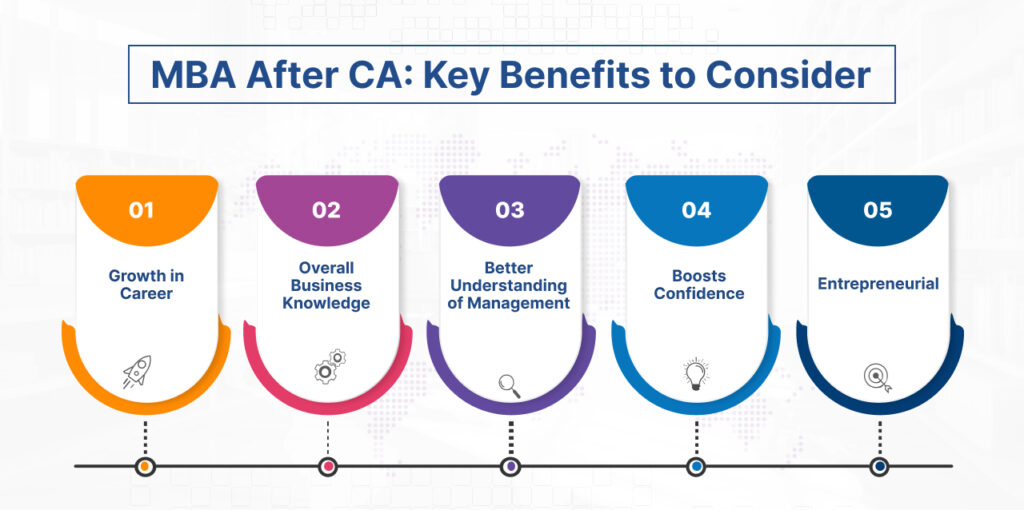
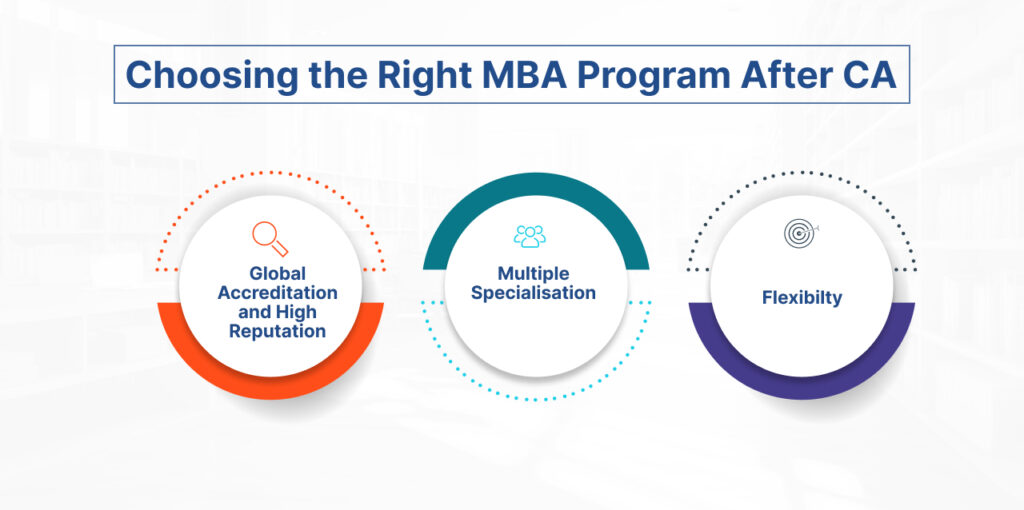

.png)

.png)




